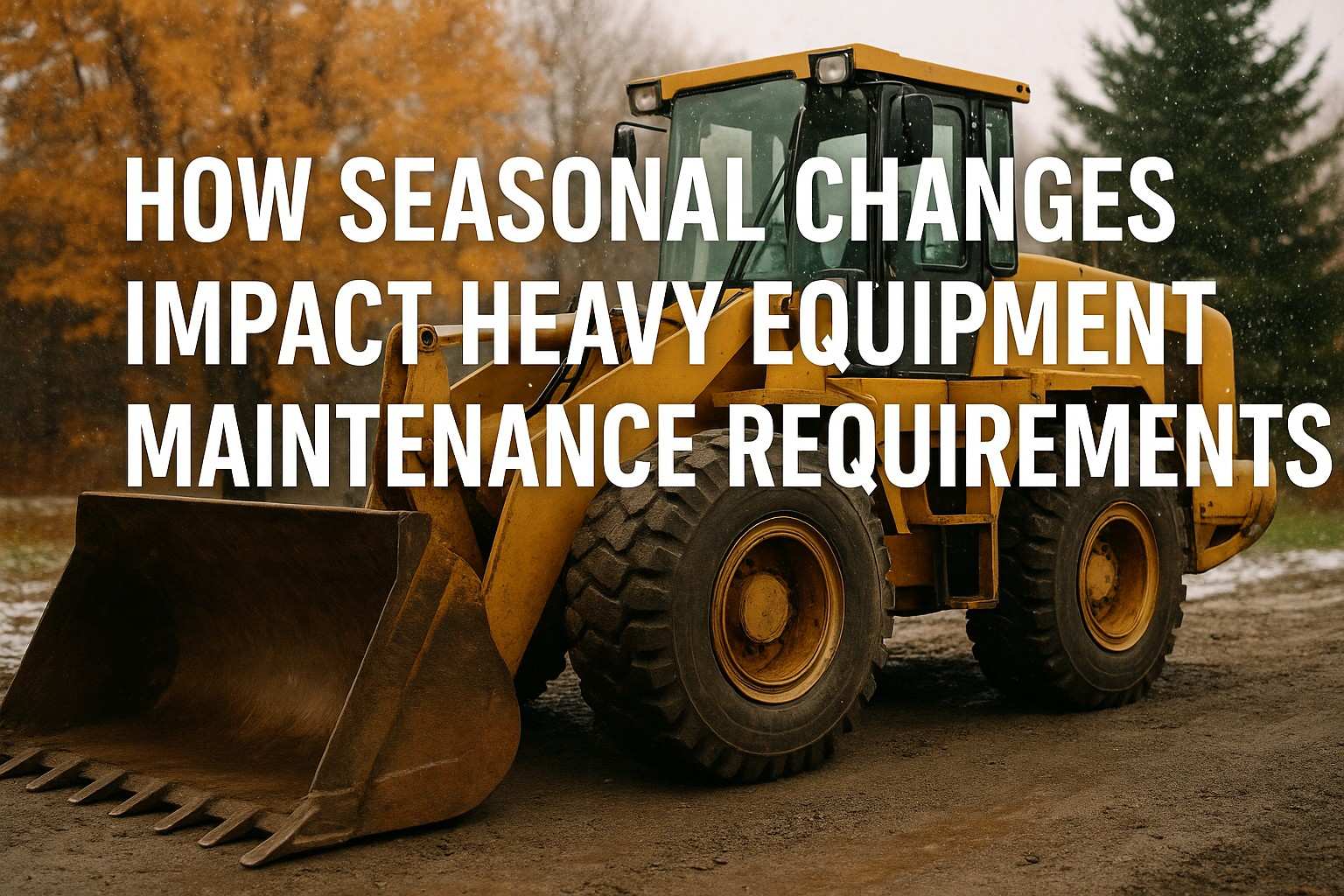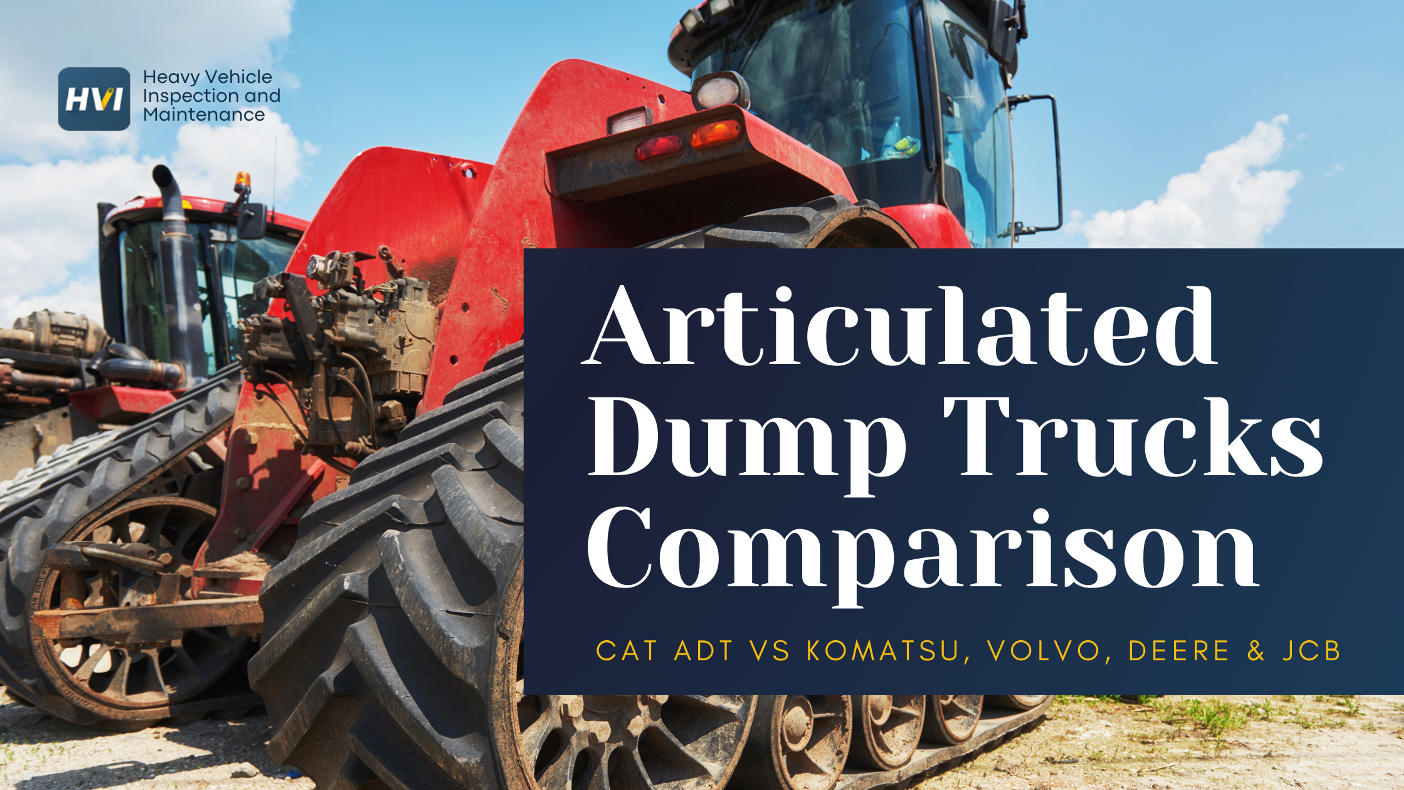The construction industry is at a crossroads. While diesel-powered machinery has long been the workhorse on job sites, electric vehicles (EVs) are quickly emerging as a viable alternative. Contractors now face an important choice between traditional diesel equipment and high-tech electric machinery.
In this in-depth comparison, we'll examine the key differences between EV and diesel construction machinery across critical factors like productivity, performance, cost efficiency, and environmental impact. Armed with these insights, you'll be empowered to select the optimal equipment mix for your construction business.
The Rise of Electric Construction Machinery
Diesel has propelled the construction industry for nearly a century. But growing concerns over pollution, noise, and fossil fuel dependence, coupled with rapid advancements in battery and motor technologies, have paved the way for electric construction machinery.
"EV construction equipment is no longer a novelty—it's swiftly becoming a necessity," notes Jane Smith, a construction industry analyst. "Tightening emissions regulations, corporate sustainability targets, and the competitive edge gained from lower operating costs are all driving EV adoption on job sites."
Indeed, the electric construction machinery market is expected to grow at a CAGR of 23.4% from 2021 to 2026, potentially reaching $30.81 billion. This impressive forecast underscores the industry's accelerating shift towards electrification.
Comparing Productivity and Performance
But can EV construction machinery truly match the productivity and performance of diesel? The answer is increasingly yes, but with some caveats.
Today's electric excavators, wheel loaders, and other heavy equipment boast power and torque output on par with their diesel counterparts. Volvo's ECR25 Electric compact excavator, for instance, delivers performance equivalent to the diesel version while producing zero tailpipe emissions and significantly lower noise levels.
However, the run-time of EV machinery on a single charge generally remains lower than a tank of diesel fuel. Larger, long-range tasks may still favor diesel in the near-term. But for many common construction applications, especially in urban environments with noise and pollution concerns, EV is already a practical choice.
"Electric mini excavators can easily handle a full day's worth of typical tasks like utility installations and landscaping," reports Max Hernandez, owner of a midsized contracting firm. "Plus, they're much quieter and cleaner to operate, which our crews and clients really appreciate."
Cost Considerations
Beyond productivity, cost is a crucial factor in any equipment decision. While higher upfront prices have historically deterred some buyers, the cost equation for EV machinery is changing rapidly.
"Electric construction equipment does tend to have a higher purchase price than comparable diesel models," Smith acknowledges. "But over the lifecycle of the machine, EVs can deliver substantial cost savings through lower fuel and maintenance expenses."
Diesel fuel is not only pricey but also prone to significant cost fluctuations. Electricity rates are generally much lower and more stable. Electric motors also have far fewer moving parts than diesel engines, greatly reducing maintenance needs and costs. Over just a few years of operation, these savings can more than offset the initial price premium for EV machinery.
Government incentives and tax credits for clean vehicles sweeten the deal further. The Clean Off-Road Equipment Voucher Incentive Project (CORE) in California, for example, offers sizable point-of-sale discounts on electric heavy machinery. More state and federal programs are likely as policymakers seek to accelerate EV adoption.
Environmental Advantages
Perhaps the most compelling argument for electric construction machinery is its dramatically lower environmental impact compared to diesel.
EV equipment produces zero tailpipe emissions, immediately eliminating a major source of pollution on job sites. Even when accounting for emissions from electricity generation, EV machinery has a significantly smaller carbon footprint over its lifetime.
"Construction operations more sustainable, and electric machinery is a cornerstone of that strategy," says Sophia Patel, sustainability director at a large construction firm. "Not only do EVs slash our carbon emissions, they also create a healthier work environment for our team by eliminating exposure to diesel exhaust."
Noise pollution is another often overlooked environmental hazard that EV machinery mitigates. Electric motors are far quieter than diesel engines, creating a more pleasant job site and reducing disturbance to neighboring communities. This can be especially valuable for projects in dense urban areas or near sensitive receptors like schools and hospitals.
Overcoming Challenges and Looking Ahead
While the advantages of EV construction machinery are clear, some obstacles to widespread adoption remain. Limited battery range and charging infrastructure are chief among them.
But these barriers are quickly eroding as battery technology improves and more charging stations come online. Industry collaborations like the Electric Worksite Charging Consortium are working to develop standardized, scalable charging solutions optimized for construction sites.
Innovative charging models, such as portable battery swapping systems and opportunistic charging during scheduled downtime, can further extend the practical operating range of EV machinery. Some manufacturers are even exploring on-site renewable power generation, like solar arrays, to charge equipment independent of the grid.
As the electric construction machinery market matures, the business case will only grow stronger. Falling battery prices, expanding model options, and an ever-expanding charging network will accelerate the shift from diesel to EV.
"Within the next decade, Electric machinery to be the default choice for most construction tasks," predicts Smith. "Firms that embrace this transition early will position themselves for long-term success through cost savings, regulatory compliance, and enhanced brand reputation."
The future of construction is electric—and that future is swiftly approaching. By understanding the comparative advantages of EV machinery and proactively incorporating it into their fleets, forward-thinking contractors can charge ahead of the competition.
Ready to electrify your construction fleet? The HVI App makes it easy to manage EV construction machinery, maximize lifetime costs, and get location of charging stations near your job sites. Download now to start your journey towards cleaner, greener, and more cost-effective construction site management.
FAQs:
1. Is electric construction machinery as powerful as diesel?
A: Yes, today's electric construction equipment can match the power and torque of comparable diesel models for most applications. However, runtime on a single charge may be shorter than a tank of diesel fuel.
2. Are electric construction vehicles more expensive than diesel?
A: Electric machinery often has a higher upfront cost, but this is typically offset by lower operating and maintenance costs over the life of the vehicle. Government incentives can also significantly reduce the initial price premium.
3. Can electric construction equipment be used for heavy-duty tasks?
A: Absolutely. Manufacturers offer electric versions of heavy equipment like excavators, wheel loaders, and even haulers that are suitable for demanding jobs. As battery technology continues to improve, the capabilities of EV machinery will only expand.
4. How do you charge electric construction vehicles on job sites?
A: Charging solutions are rapidly evolving, including on-site fast charging stations, portable battery swapping systems, and opportunistic charging during breaks. Industry collaborations are working to develop standardized, scalable charging infrastructure optimized for construction environments.
5. What are the environmental benefits of electric construction machinery?
A: Electric construction vehicles produce zero tailpipe emissions, significantly reducing pollution and improving air quality on job sites. They also generate far less noise than diesel engines, reducing disturbance to workers and neighboring communities. Over their lifetime, EVs have a much smaller carbon footprint than diesel equipment.




